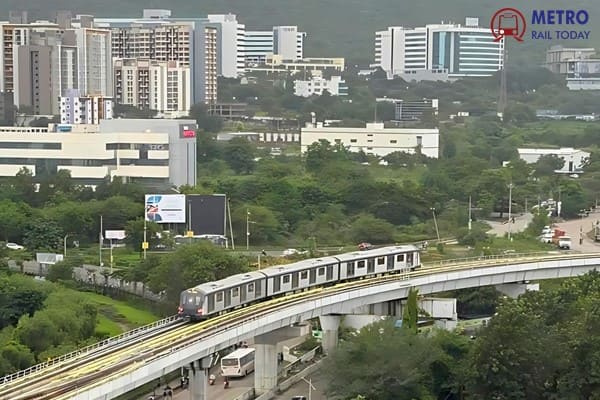 Kalpataru-HG Infra Engg JV wins ₹1,415 Crore EPC Contract for Thane Metro Rail Project
Kalpataru-HG Infra Engg JV wins ₹1,415 Crore EPC Contract for Thane Metro Rail Project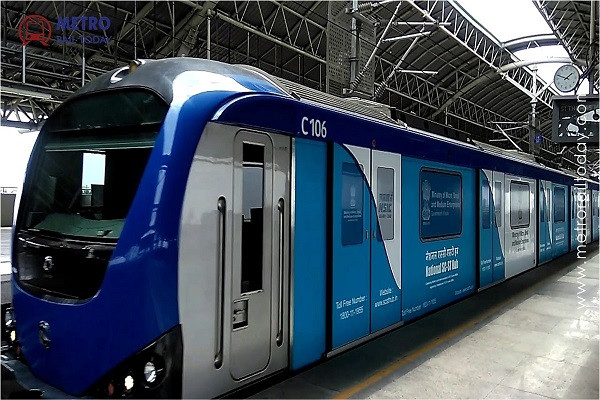 Chennai Metro launched tender to procure 28 Rolling Stock Trainsets to handle Phase 1 Ridership
Chennai Metro launched tender to procure 28 Rolling Stock Trainsets to handle Phase 1 Ridership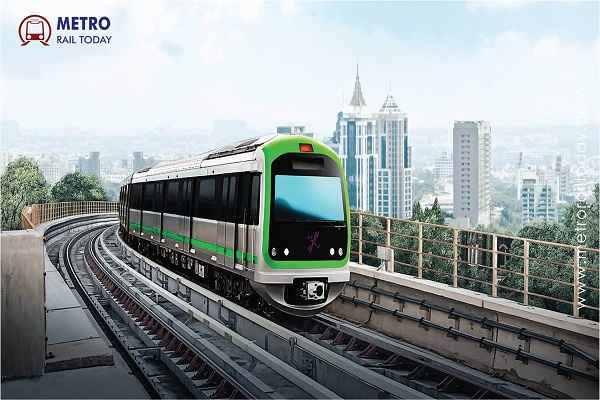 Tender launched for appointment of DPR Consultant for 59.6 km Bengaluru–Tumakuru Metro Extension
Tender launched for appointment of DPR Consultant for 59.6 km Bengaluru–Tumakuru Metro Extension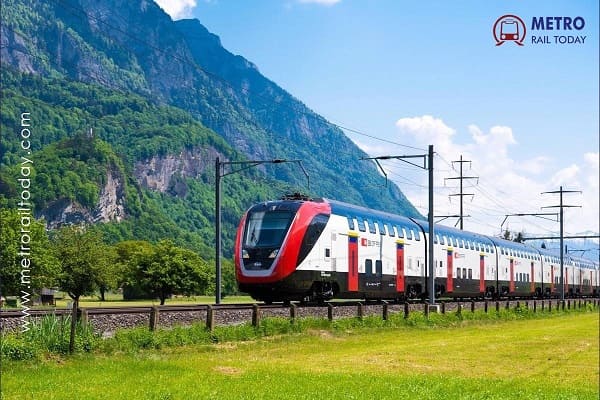 RITES targets African Rail Market with New Financing Model for Cost-Effective Rolling Stock
RITES targets African Rail Market with New Financing Model for Cost-Effective Rolling Stock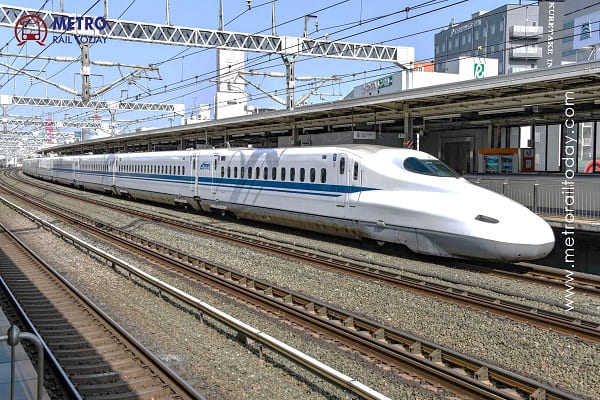 India’s First Bullet Train to begin Operations on 100-km Surat–Vapi stretch by August 2027
India’s First Bullet Train to begin Operations on 100-km Surat–Vapi stretch by August 2027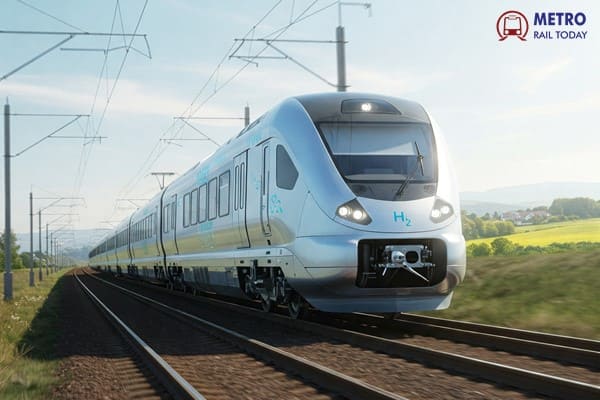 Railway eyes record ₹3 Trillion Capex in FY27 to accelerate modernisation and High-Speed Expansion
Railway eyes record ₹3 Trillion Capex in FY27 to accelerate modernisation and High-Speed Expansion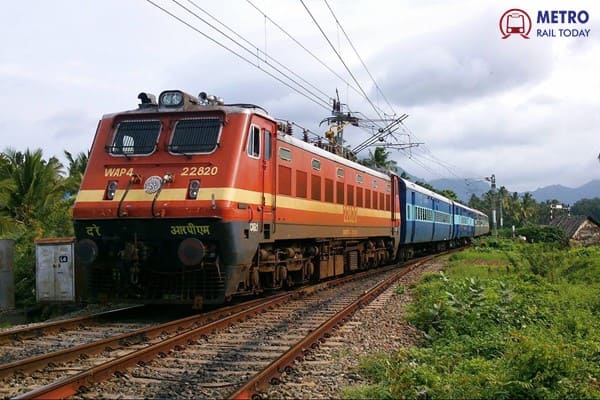 The Future of Railways in India: From Gauge Conversion to High-Speed Corridors
The Future of Railways in India: From Gauge Conversion to High-Speed Corridors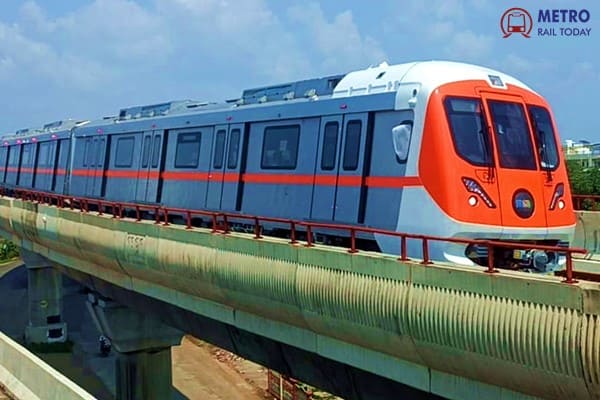 CMRS concludes 3-Day Safety Inspection of Bhopal Metro Priority Corridor
CMRS concludes 3-Day Safety Inspection of Bhopal Metro Priority Corridor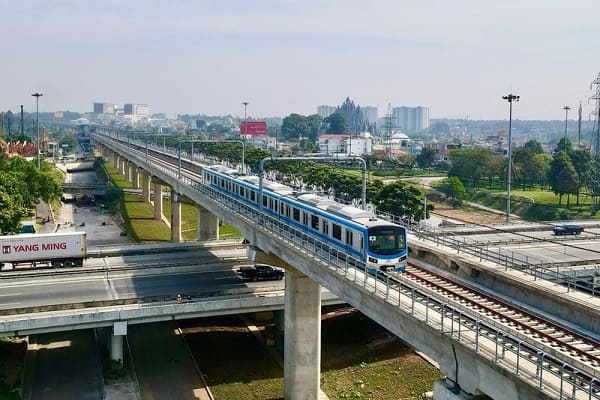 Ho Chi Minh City to invest USD19.67 billion to develop 232 km of Urban Railways by 2030
Ho Chi Minh City to invest USD19.67 billion to develop 232 km of Urban Railways by 2030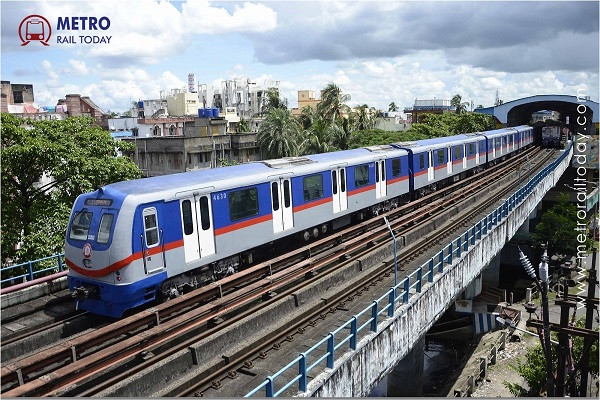 Kolkata Metro Blue Line to receive AI-Powered Security upgrade by March 2026
Kolkata Metro Blue Line to receive AI-Powered Security upgrade by March 2026
Delhi Metro @ 30: Driving India's Urban Transformation and Global Ambitions
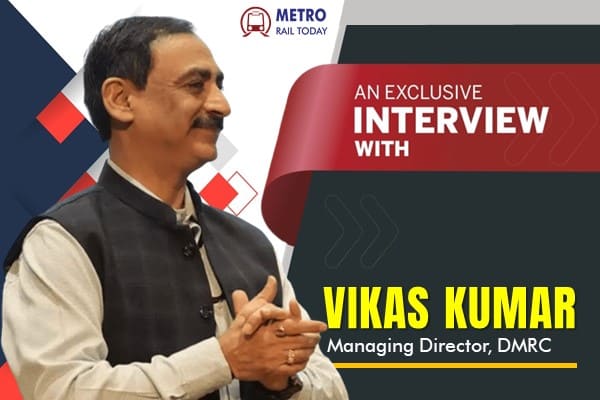
The rhythmic rumble of the Delhi Metro has become synonymous with the pulse of the capital, a lifeline that has reshaped not only its physical landscape but also the very fabric of urban life over the past three decades. From its humble beginnings in 1995, the Delhi Metro Rail Corporation (DMRC) has blossomed into the world's third-largest metro network, a testament to Indian engineering prowess and a beacon for sustainable urban mobility.
On its foundation day, Sansad TV engaged in an insightful conversation with DMRC's Managing Director, Shri Vikas Kumar, the man who steered this colossal organization through the unprecedented challenges of the COVID-19 pandemic and continues to propel it towards even greater heights.
A Pioneering Vision: Laying the Tracks for a New Era
"When the Delhi Metro was established in 1995, this technology was completely unknown and new to India." Shri Vikas Kumar reflected, emphasizing the pioneering spirit that defined the project from its inception. He lauded the vision of early leaders like Dr. Sreedharan, who championed the adoption of global best practices and cutting-edge technology. This foresight allowed DMRC to leapfrog older systems, embracing innovations that prioritized environmental sustainability – a core tenet from the very beginning.
Today, the Delhi Metro operates a sprawling network of 393.9 kilometers, facilitating a staggering 7 million passenger journeys daily. Kumar proudly contrasted this with international counterparts, highlighting the sheer scale and intensity of DMRC's operations. "When we have meetings with metros from outside and compare, they share their figures of 70 lakh in six months, whereas we have 70 lakh people traveling in a single day," he stated, underscoring the immense responsibility and efficiency required to manage such a volume.
Overcoming Herculean Challenges: Tunneling Through History
However, the journey has been far from a smooth ride. Kumar acknowledged the significant challenges of implementing a mega-infrastructure project in a densely populated and already established city like Delhi. "Delhi was already established, so retrofitting had to be done. So, in a way, it was a brownfield project, not a greenfield one," he explained. He recounted the seemingly insurmountable task of tunneling beneath historical sites like Chawri Bazaar, a feat initially deemed impossible by international consultants but ultimately achieved through innovative engineering techniques akin to mining.
The COVID-19 pandemic presented another formidable hurdle. Taking charge as MD during this tumultuous period, Kumar emphasized the critical need to instill confidence in commuters. "We had to run our Metro services in such a way that the public could see that traveling here was safer than any other mode of transport," he asserted, detailing the rigorous disinfection protocols and social distancing measures implemented to ensure passenger safety. This proactive approach led to a quicker recovery in ridership compared to many other global metro systems.
Financial Fortitude: Beyond Ticketing Revenue
Beyond its operational success, DMRC has consistently focused on financial self-reliance. Kumar elaborated on the multi-pronged revenue generation strategy, which extends beyond ticketing to include non-fare box avenues like advertising, property development (including malls and multi-level parking), and leasing commercial spaces. He proudly noted that "Delhi Metro has always been in operational profit, earning more than its operation and maintenance costs."
Global Footprint: Exporting Expertise and Ambition
Looking outwards, DMRC is now leveraging its extensive experience and expertise on the global stage. Having honed its skills over three decades of operating and maintaining a complex network, the organization is now venturing into consultancy and operation & maintenance contracts internationally. Kumar announced significant breakthroughs, with DMRC securing O&M contracts in Mumbai and Chennai, triumphing over established international players from France and Germany. This marks a significant step towards establishing DMRC as a global leader in urban transit solutions. "This is a very big achievement for us, and we will do it even better."
This global ambition extends to fostering sustainable infrastructure development worldwide. Kumar highlighted how DMRC's best practices, such as multi-skilling of staff, have been adopted by other metro systems. He also emphasized the organization's commitment to innovation in construction, including the increased use of pre-fabricated elements to minimize on-site disruption and enhance quality.
Innovation at its Core: Driving Efficiency and Convenience
Technological advancements remain a cornerstone of DMRC's strategy. Kumar outlined the successful implementation of QR ticketing, driverless train technology, and various digital innovations aimed at enhancing passenger convenience and system efficiency. He spoke of the ongoing transition towards predictive maintenance using AI, which promises to improve reliability and reduce costs. Furthermore, the recent launch of the "Saarthi Momentum" app integrates last-mile connectivity options, offering commuters a seamless end-to-end travel solution. "For the passenger, it's a seamless, absolutely mass-as-a-mobility, very good."
Aligning with National Progress: The "Gati Shakti" Momentum
Aligning with India's national vision for progress, as articulated by the Prime Minister's "Gati Shakti" initiative, DMRC remains committed to accelerating infrastructure development. Kumar affirmed the organization's unwavering dedication to meeting targets, even in the face of challenges like land acquisition and tree cutting for the ongoing Phase IV expansion. A key goal remains to ensure that "every Delhi resident has access to a metro station within a 500-meter radius," a vision that is steadily being realized through network densification in subsequent phases.
Catalyzing Economic and Social Transformation
The impact of the Delhi Metro extends far beyond transportation. Kumar emphasized its role as a catalyst for economic and social development. "If there is connectivity in any urban center, then only can its economic and social development take place. And Delhi Metro has proved this here," he asserted, pointing to the revitalization of markets like Chawri Bazaar and Chandni Chowk due to improved accessibility.
Integrated Transit: The Key to Seamless Mobility
Recognizing the importance of integrated urban transit, DMRC has prioritized multi-modal integration at its stations, ensuring seamless connectivity with various modes of transport like buses, autos, and e-rickshaws. This passenger-centric approach, approved by the Unified Traffic and Transportation (Planning & Engineering) Centre (UTTIPEC), aims to minimize congestion and enhance convenience.
Global Confidence: A Testament to Indian Capability
The success story of the Delhi Metro has also bolstered international confidence in India's infrastructure capabilities. Kumar highlighted the strong and enduring partnership with the Japan International Cooperation Agency (JICA), whose continued investment reflects their trust in DMRC's ability to deliver. He noted that "JICA...has always made a special consideration for Delhi Metro, recognizing its efficiency and commitment."
Towards a Developed India: DMRC's Contribution
Looking towards India's goal of becoming a developed nation by 2047, Kumar underscored the pivotal role of urban transport. He also highlighted DMRC's contribution to the "Make in India" initiative, noting that the rolling stock is now manufactured domestically, with over 90% of components being indigenously produced. DMRC is also actively collaborating with Indian companies like BEL to develop indigenous signaling systems, aiming to position India as a global leader in this critical technology.
A Green Commitment: Leading the Way in Sustainability
Environmental sustainability remains a core commitment. DMRC has received carbon-neutral certification for several of its lines and facilities. Kumar detailed initiatives such as planting ten trees for every one cut, implementing regenerative braking in trains, and transitioning to solar energy. "Delhi Metro was the first...metro rail organization...that earned carbon credits."
Envisioning the Future: Smart Mobility and Beyond
Envisioning the next decade, Kumar emphasized the need for DMRC to keep pace with rapid technological advancements. He spoke of the future of "smart trains" with dynamically adjustable coach numbers based on passenger demand and the seamless integration of various mobility services through digital platforms. "We are doing...smart trains...the number of coaches decreases automatically on the run...your headway will also not be affected."
A Philosophy of Service: Putting People First
In his concluding remarks, Kumar articulated DMRC's core philosophy: "We are a service organization, and I tell my staff that we are very fortunate that God has given us the opportunity to serve such a large population." He stressed the importance of trust, teamwork, and a focus on solutions over blame within the organization. His message to passengers was one of collaboration and feedback, encouraging them to utilize the services responsibly and provide input for continuous improvement.
As the Delhi Metro celebrates its 30th anniversary, it stands as a shining example of India's capacity for ambitious infrastructure development, its unwavering commitment to sustainability, and its growing global influence in the realm of urban mobility. The journey that began with a single line now charts a course for a future where efficient, sustainable, and passenger-centric urban transit is not just a dream, but a tangible reality, both within India and beyond.




